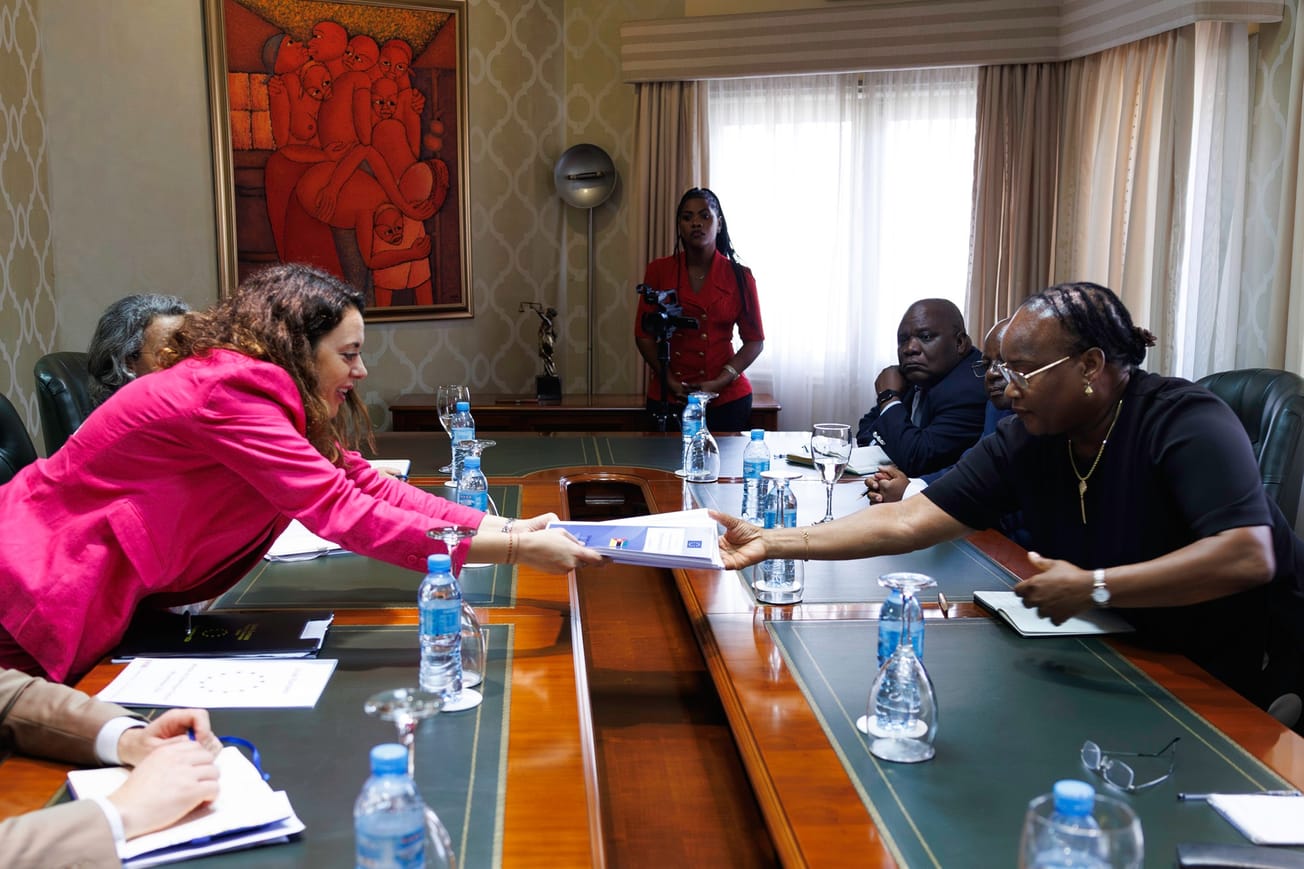Coal — Extractives — Top Story — Chirodzi — Greenwashing — ICVL — Investec — Jindal — Justiça Ambiental — Mauritius — Moatize — Sandeep Pai — Tim Buckley — Vale — Vulcan Minerals
Jindal coal mine takeover raises fears for jobs, communities — and ‘greenwash’
With coal demand still growing in India, Jindal's purchase of Vale's Moatize mines is no surprise — but the structure of the deal raises questions









